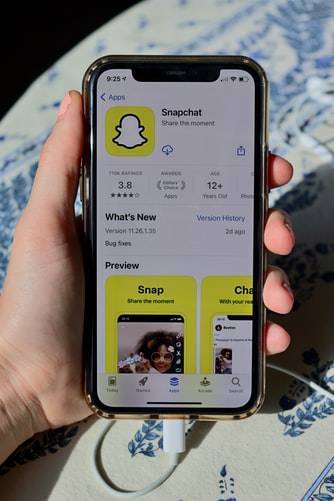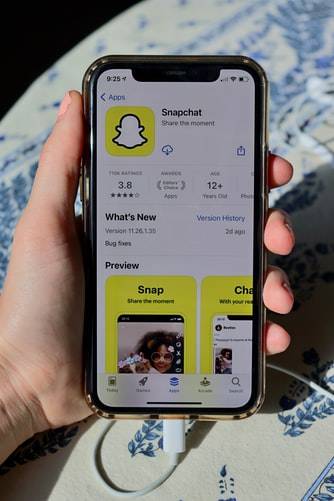The Snapchat app has published a new overview of its ongoing efforts to combat the spread of misinformation, which also provides some valuable insights into the differences between it and other platforms, and why a unique and tailored approach is needed. While Facebook and Twitter have been attempting to contain the problem of misinformation, particularly concerning vaccine side effects during the COVID-19 pandemic, Snapchat has largely stayed away from the discussion surrounding itself. Its alternative approach to social media may define a framework for better managing the distribution of news in this regard.
The app states that it is witnessing success in its approach to misinformation and safety due to its design, which focuses on maintaining close communications rather than broadcasting to the public. It clarified that Snapchat was originally created to help people talk to close friends, rather than to offer the opportunity to broadcast messages via the app. The app has always felt a deep responsibility to ensure that the news and information seen by its community is reliable and from trustworthy, clear sources.
The app’s more exclusive nature provides some benefits in this regard, in addition to highlighting a crucial point about why Snapchat’s marketing differs. The app stated, "We do not allow unmoderated content to spread rapidly across our app. We do not provide an open, unmoderated feed where individuals or unverified publishers can spread false information."
The public feed approach, which seeks to amplify the content that generates the most engagement, promotes misinformation. This has been affirmed several times. A study conducted by the Massachusetts Institute of Technology in 2018 found that false news stories are 70% more likely to be retweeted than true reports. While the retweet chains of false reports on Twitter reach a depth of 20 times that of facts, another study published last year found that Facebook drives significant traffic to untrustworthy news sources.
Hollywood rumor magazines have developed an entire industry around long reports, and even blatantly false stories, because sharing something controversial is more interesting and more exciting than people's everyday lives. When the same framework extends to political news and health information, it can have grave and serious consequences. The app avoids this by intentionally not offering a public feed, which reduces the incentive for topics to be controversial or to seek likes and comments.




